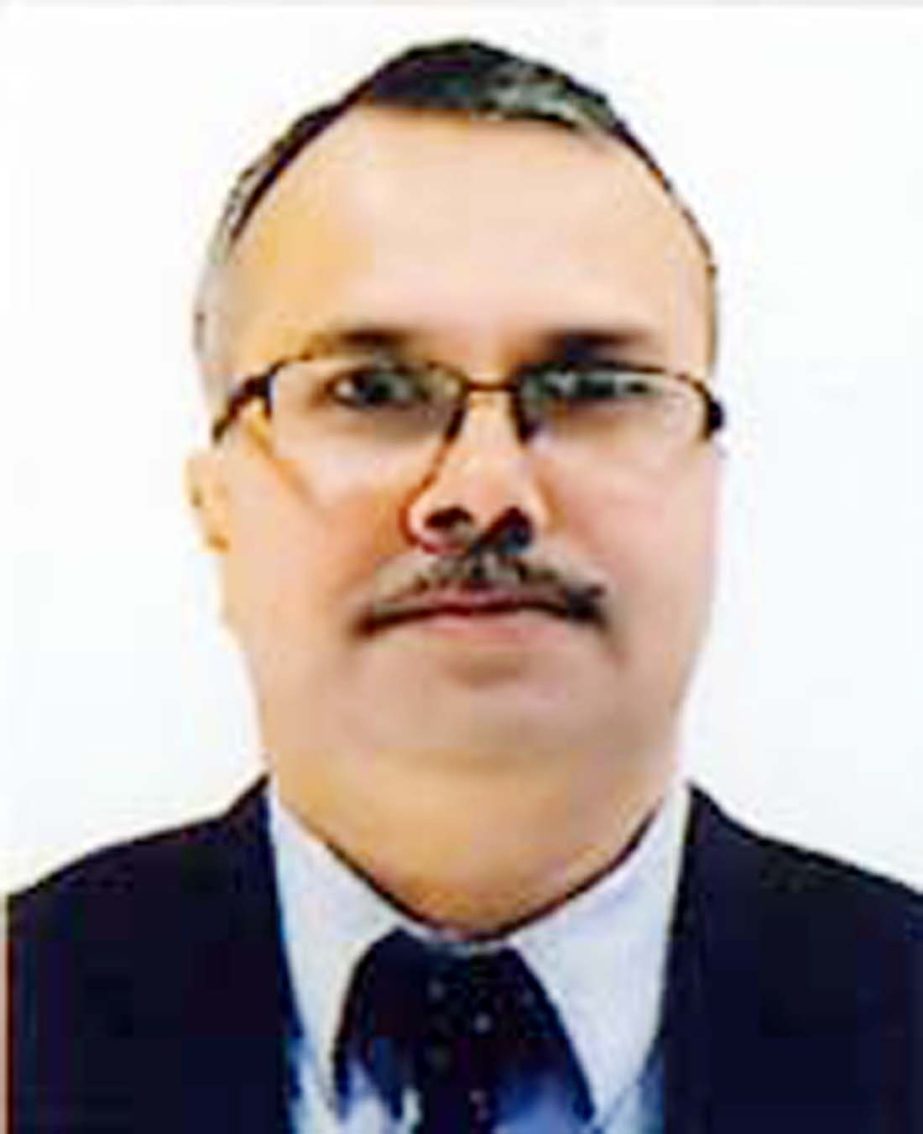
Md. Saifullah:
Why do juveniles indulge in such anti-social activities? Why is juvenility so destructive? The reasons are multifarious. Human beings at this stage go through a series of physical, biological and psychological changes. Various growth hormones secreted from the body glands always keep them unstable. They are moved by emotion, not by reason as found in case of the grown up people. There are also some social pressures which sometimes become unbearable. Excessive pressure for study, poverty, ruthless punishment by parents or guardians, or even boundless freedom in the affluent society may lead them to such infamous juvenility. They always prefer to fly in the world of dream keeping them away from the harsh reality. Open sky culture, globalisation and widespread social media also contribute to build up this dreamy world. The callousness of the parents or guardians towards their wards or even excessive care by them also may be a cause of such derailment. The increasing trend of social unrest, fragmentation of the joint or extended families, family conflicts, broken families due to separation of parents, mad business of parents chasing after riches are also fuelling the problem.
The juvenile delinquents are being dealt as per the Children Act 2013 which considers the young offenders (age 13 to 18 years) as children following the call of the United Nations Children Rights Charter. The young offenders enjoy some sort of impunity in the trial process. Trial courts, penal code under which verdicts are pronounced and even execution of sentences are softer for the tender lawbreakers in compare to the normal criminals. And from that angle, under-aged criminals are sent to the amendment centres, not to the regular jails with a hope of their return to the normal life in course of time.
Imbued with the spirit of the law, each and every police station of the country has installed a separate desk on the children affairs to dispose the related cases. A police official holding the responsibility of the desk in the police station monitors such lawsuits maintaining a constant coordination with the representatives of the Department of Social Welfare and the courts concerned. More importantly, the Children Act 2013 envisages the provision of setting up the Children Courts to try the related offences considering their vulnerabilities. As those courts are yet to be established, the Women and Children Repression Combating Tribunals (Nari o Shishu Nirjatan Domon Tribunal) are dealing the cases. At present, a total of 101 such tribunals spreading all over the country regularly hear the cases filed against juveniles. If such tribunal is not in operation in any district, the court of the District and Session Judge itself performs the responsibility.
The trial process of the cases filed against such alleged tender aged convicts is very liberal as delineated in the Children Act 2013. The accused should not be handcuffed or roped when brought under arrest. The bail granting process for them is also soft. If bail is not allowed in any case considering its severity, the young arrestees would be detained in the Children Development Centres run by the Department of Social Welfare. If any such inmate is to be sent to jail in view of the harsh nature of any case, he or she must be kept separately, never with the adult convicts. The law permits the highest 10 years of imprisonment for committing the most gruesome offence. There is no provision of awarding capital punishments like death sentence or life imprisonment under the law. The Alternative Dispute Resolution (ADR) approach is being given priority to dispose the cases at any stage of the trial process in the court.
The government has developed a huge institutional set up for the proper grooming of the young generation. Rules, regulations and policies on the issue have also been updated. The government has to take the responsibilities of the distressed kids in absence of their parents or guardians. A good number of establishments with various identities are being run by the government across the country to accommodate and look after these shelterless children. The Ministry of Women and Children Affairs is patronising eight thousand clubs working on the issues relating to the children at the union level. All the benevolent activities by the government include the amendment of the derailed juveniles and bringing them back to the right track. Over 1100 delinquents involved with the legal process or received from courts are now under shelter at four dedicated development centres in Gazipur (Tongi, Konabari and Joydevpur) and Jashore (Pulerhat). Among them, the Joydevpur Centre with the capacity of accommodating 100 inmates is purely for female under the supervision of the Department of Women Affairs. The Children Welfare Boards at the national, district and upazila level headed by Social Welfare Minister, Deputy Commissioners and Upazila Nirbahi Officers, respectively regularly monitor all the children development programmes.
Juvenile delinquency is managed worldwide through undertaking various programmes. Game and sports, cultural activities, regular counseling, upholding social and religious spirit, and reinforcing family bonding can go a long way to keep our future generation safe and sound even in a hostile environment. Co-curricular and recreational activities run by the educational institutions are also important in this regard. And above all, the most potential factors are the parents and guardians. They should keep a constant vigilance on the movements of their wards at this stage. They should be tough, rational as well as soft giving due attention to feelings of the Juveniles. Their devoted love and care can turn a delinquent to a worthy citizen of tomorrow.
(Mr. Saifullah serves PID as Senior Deputy Principal Information Officer).

